Pay-by-bag works for most communities, but not Hopkinton
| Published: 04-17-2024 5:11 PM |
Every time Jolene Cochrane clocks in for her shift at the Hopkinton Transfer Station, she sees residents driving in with their household waste bagged in various colored trash bags.
With 19 years of experience at the station — a few years longer than the town’s adoption of the pay-by-bag program — Cochrane, the transfer station superintendent, hasn’t witnessed a period where compliance with the program has been ideal.
“The compliance does not work,” said Cochrane, explaining that there are various colored bags strewn around rather than just the green ones required by the program. “You can’t regulate the people over here.”
In 2003, Hopkinton implemented the pay-by-bag program, joining other New Hampshire communities in efforts to reduce waste, cut disposal costs, and address growing resident concerns about environmental impacts associated with dumping trash in a landfill.
Unlike traditional flat fee systems, where everyone pays the same regardless of their waste output, pay-as-you-throw charges residents based on the amount of trash they generate.
Hopkinton’s chosen method is the “pay-by-bag” program, where residents purchase designated town green bags for their waste disposal needs.
Under this system, residents can buy large 33-gallon bags for $1.25 each or smaller 13-gallon bags for 75 cents.
The program’s primary goal is waste reduction, and it has proven successful in various municipalities, such as Concord.
Article continues after...
Yesterday's Most Read Articles
 Hometown Heroes: Couple’s sunflower fields in Concord reconnects the community to farming
Hometown Heroes: Couple’s sunflower fields in Concord reconnects the community to farming
 Boscawen resident takes issue with proposed town flag designs
Boscawen resident takes issue with proposed town flag designs
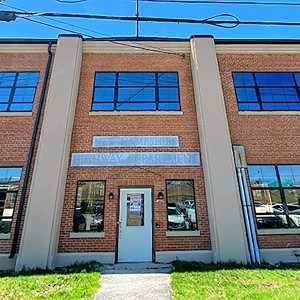 Storm drain issue stalls Stickney Ave housing project
Storm drain issue stalls Stickney Ave housing project
 Getaway driver in Winnipesaukee hit-and-run arrested
Getaway driver in Winnipesaukee hit-and-run arrested
 On the trail: NH Democrats quietly hold second presidential primary
On the trail: NH Democrats quietly hold second presidential primary
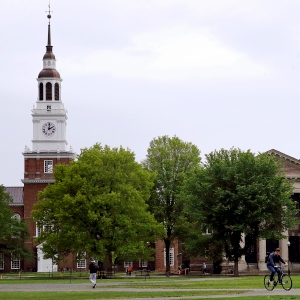 Kenyon: What makes Dartmouth different?
Kenyon: What makes Dartmouth different?
A comparative analysis between Concord and Hopkinton reveals striking differences despite similar program structures.
Despite Concord’s population exceeding 40,000, its waste output annually stands at 5,500 tons. In contrast, Hopkinton transfer station, serving both Webster and Hopkinton with a combined population of around 7,000, generates approximately 3,263 tons of waste per year.
“Pay as you throw is a very effective way of helping people think twice before throwing something away and instead exploring whether it can be recycled or reused,” Reagan Bissonnette, executive director of the Northeast Recovery Resource Associa tion, said.
Last year, it was reported that just 11% of the town’s residents currently utilize the pay-by-bag program.
However, the majority of residents have expressed their preference for maintaining the program at several town meetings where the topic has been brought up.
In light of compliance challenges and community feedback, the select board has decided to hold a work session in the coming weeks to deliberate the fate of the pay-by-bag program.
Brad Watson, a Hopkinton resident for almost 50 years, isn't enthusiastic about using the green bags.
“I think they're a waste of money,” said Watson, while dropping off his trash at the transfer station on Wednesday. “I think you're causing more problems by putting more plastic in there.”
Even before the pay-by-bag program started, Watson said he was practicing waste reduction by recycling his cans and glass.
For him and many others, the environmental impact of introducing more plastic into landfills through the pay-by-bag program is cause for genuine concern, especially given that the bags aren't biodegradable.
But, Bissonnette clarified that even if the bags were biodegradable, their fate wouldn't change much once they were dumped in a landfill. They would not degrade there.
“When you put any kind of organic material in a landfill, essentially, it's mummified,” explained Bissonnette. “I would say that's probably part of the reason why no one has really pursued using anything other than plastic because plastic is an effective type of bag for containing people's trash.”
At a landfill when trash is dumped, at the end of the day, the waste is compacted and covered with an alternative day soil that could be sludge, soil, wood chips, or other materials to shield the waste from the natural elements and prevent birds and animals from getting to the trash.
This tightly packed environment devoid of oxygen means that decomposition happens at a very slow pace.
“You can even put a head of lettuce in a landfill and 25 years later, you can dig it up and it still looks like a head of lettuce,” said Bissonnette. “What happens is when those organic materials break down in the absence of oxygen, is that they're actually creating methane.”
So, while there may be some merit to the argument for biodegradable bags from a manufacturing standpoint because oil is used in the manufacture of plastic bags, their fate post-disposal isn't all that different when they end up in a landfill.
Hopkinton faces a unique challenge compared to other communities — it shares its transfer station with Webster, a town that doesn’t participate in the pay-by-bag program. This situation makes managing the transfer station challenging for the staff.
To distinguish between residents of both towns, Hopkinton issues permit stickers for residents’ cars. However, the system is out of date, with vehicle number plates recorded on a handwritten list and many residents without one.
“If you ever want to look up somebody’s sticker number and find out who they were to contact them, you would have to go through a binder’s worth of plate numbers,” said Cochrane.“A lot of other towns get their dump sticker when they register their vehicle at the town hall, so it’s computerized.”
Adding to the complexity, many Hopkinton residents also own property in Webster, and they have ties — whether familial or friendly — to the neighboring town. This means that even if Hopkinton residents are convinced to use the green bags, there will still be a significant number finding ways to get around the system.
But Concord’s pay-by-bag program remains on track.
Since its implementation in 2009, Concord’s waste output has plummeted by 40%, with an annual collection of 5,500 tons in distinct purple bags lining the curbsides, according to Chip Chesley, the city’s General Services director.
One of the other issues for the program’s failure is the disposal method.
In Concord, residents benefit from curbside collection. So, any bags other than the designated purple ones left at the curb are not picked up by the contracted private company, Casella Waste Systems.
Hopkinton has no curbside pickup, so people drive to the transfer station and dump the garbage bags there, which makes it difficult for a short-staffed transfer station to inspect each bag.
While recognizing that a shared transfer station contributes to the problem, Bonnie Christie, a member of the Hopkinton waste reduction committee, believes it's a challenge that can be overcome.
She suggested implementing resident stickers with distinct colors for both Webster and Hopkinton residents, coupled with educating them about the pay-by-bag ordinance, as a straightforward solution.
“Once other towns implemented pay-by-bag, they saw an immediate reduction in trash,” said Christie. “So what are we waiting for? We should get on this because we have so much waste here, way more than other towns for whatever reason.”

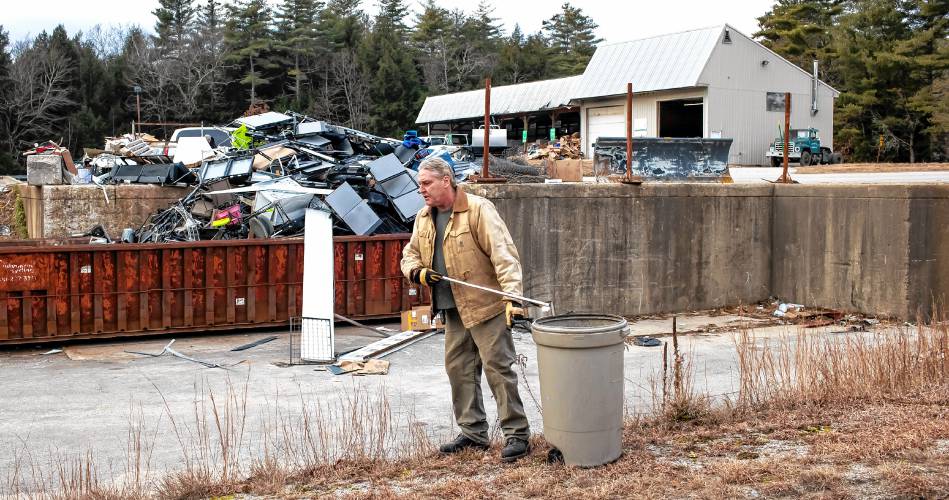
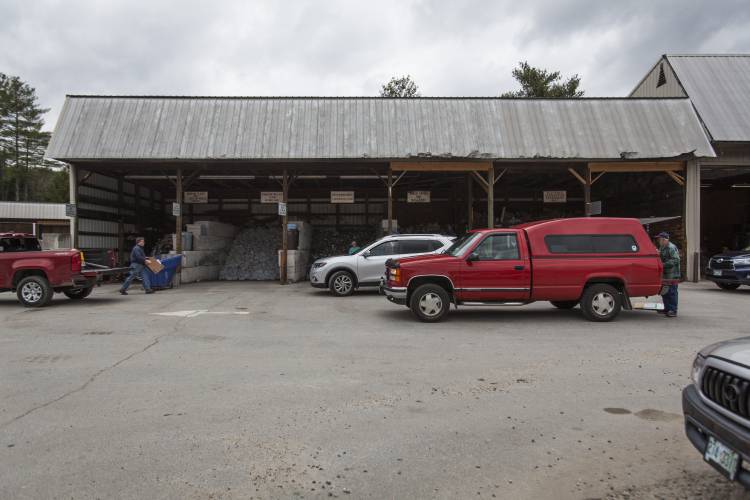
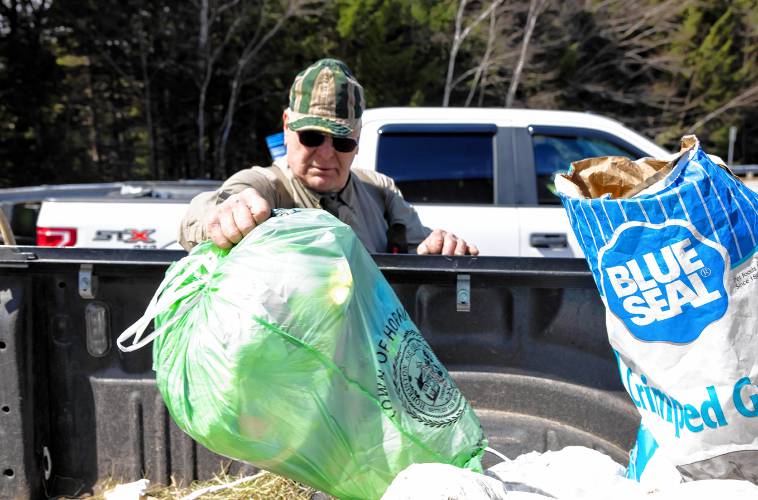
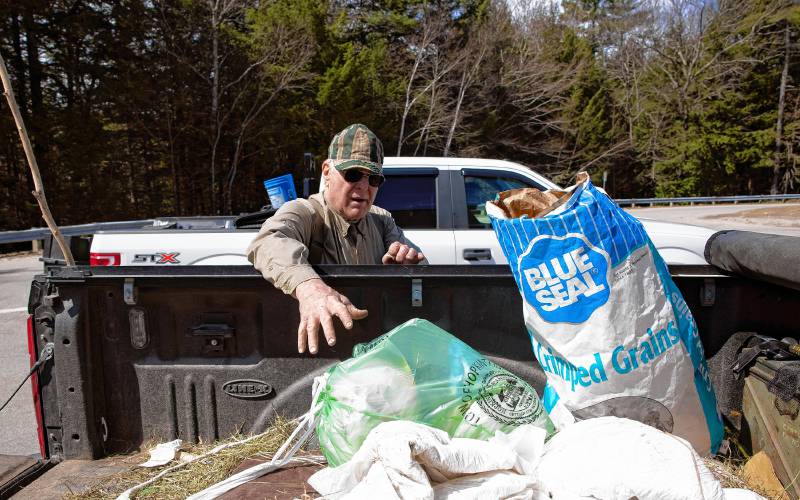
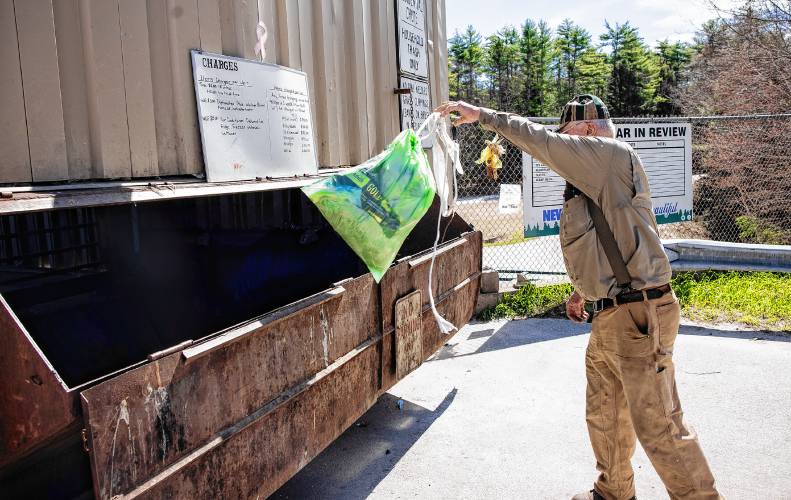
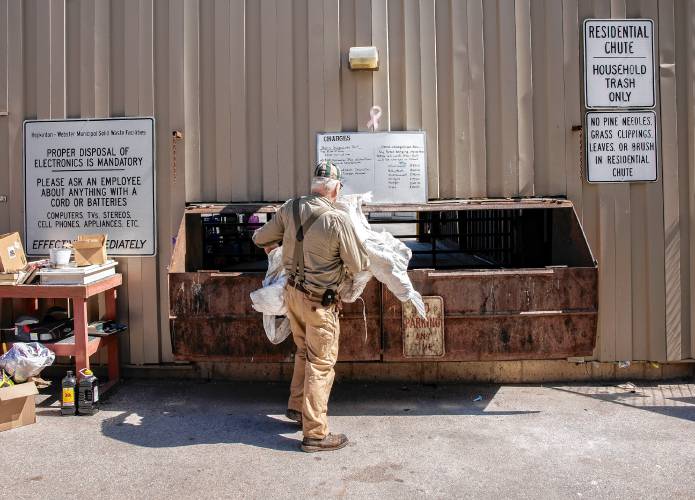
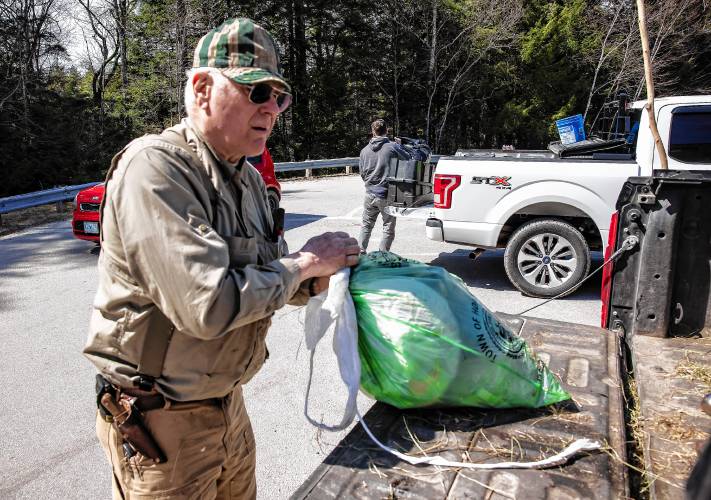

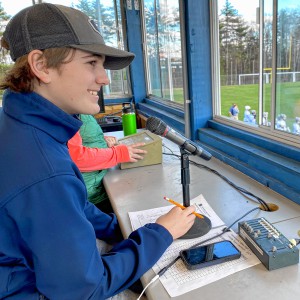 Voice of the Pride: Merrimack Valley sophomore Nick Gelinas never misses a game
Voice of the Pride: Merrimack Valley sophomore Nick Gelinas never misses a game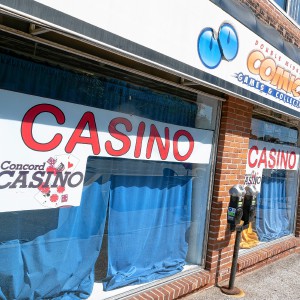 With less than three months left, Concord Casino hasn’t found a buyer
With less than three months left, Concord Casino hasn’t found a buyer Kearsarge Middle School drone team headed to West Virginia competition
Kearsarge Middle School drone team headed to West Virginia competition Phenix Hall, Christ the King food pantry, rail trail on Concord planning board’s agenda
Phenix Hall, Christ the King food pantry, rail trail on Concord planning board’s agenda
